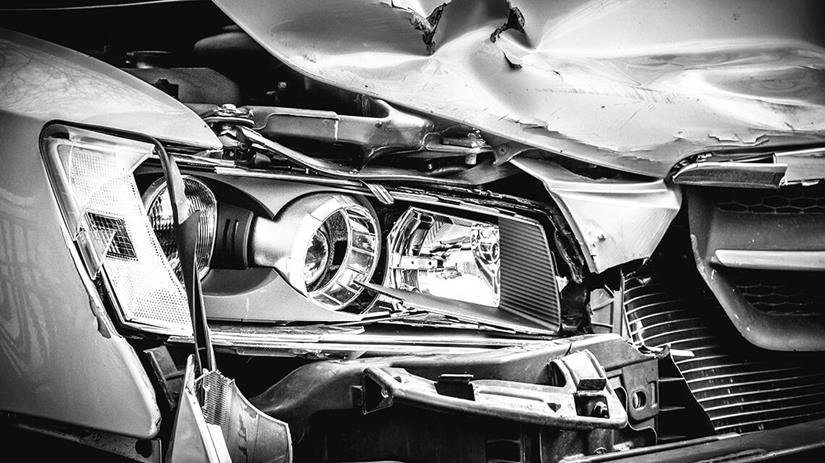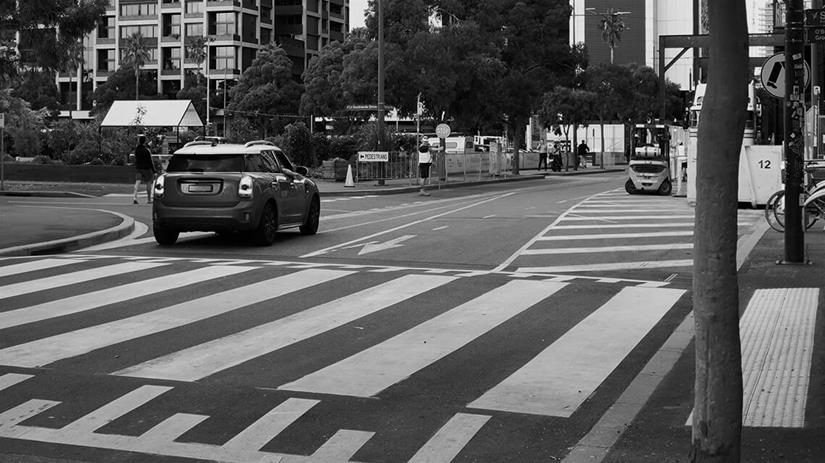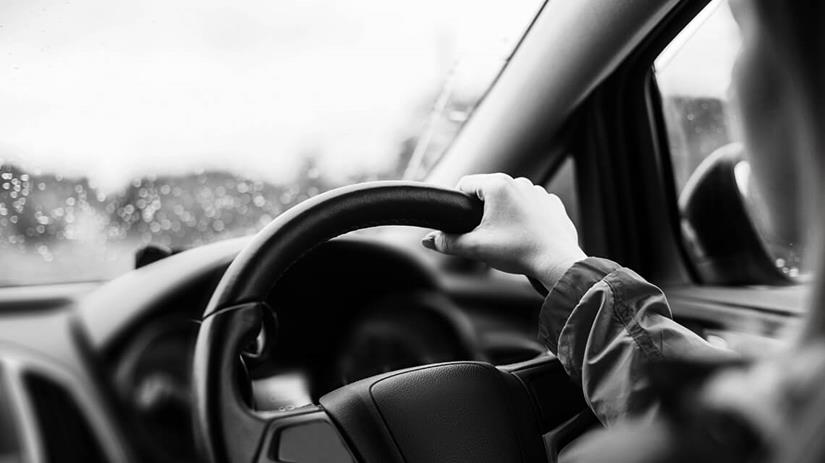You know obeying the speed limit is the law, but do you know why?
During Road Safety Week, our General Manager of Investigations and former Accident Reconstructionist took some time out to share the science behind speeding limits.
3 Reasons Why You Shouldn't Speed According to Science
1. Because you don't get to make up the speed limit
Speed limits are determined through analysis of how cars react, therefore making up your own judgement about how much faster you think you should be able to go is extremely dangerous.
2. Because driving conditions can change at any moment
Whether environmental or situational, driving conditions can change while you're on the road. A sudden storm can hit or the car in front of you can slow down unexpectedly. If you're speeding, you won't have time to react.
3. Because the faster you drive, the longer it takes to stop
The faster you drive, the longer it takes you to stop. This means that the likelihood of having a collision and the degree of damage caused both increase the faster you go.
For more information on road safety, read our post about driving distractions you didn't think were distracting.




